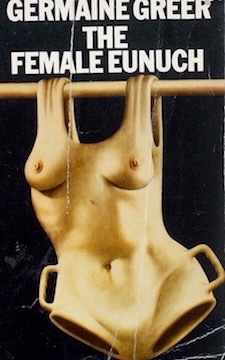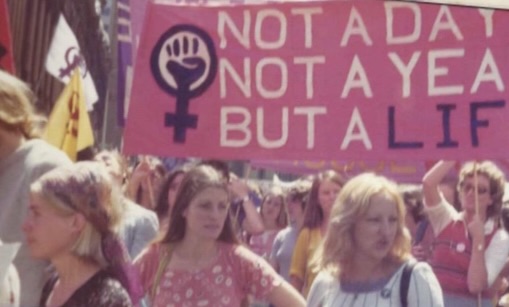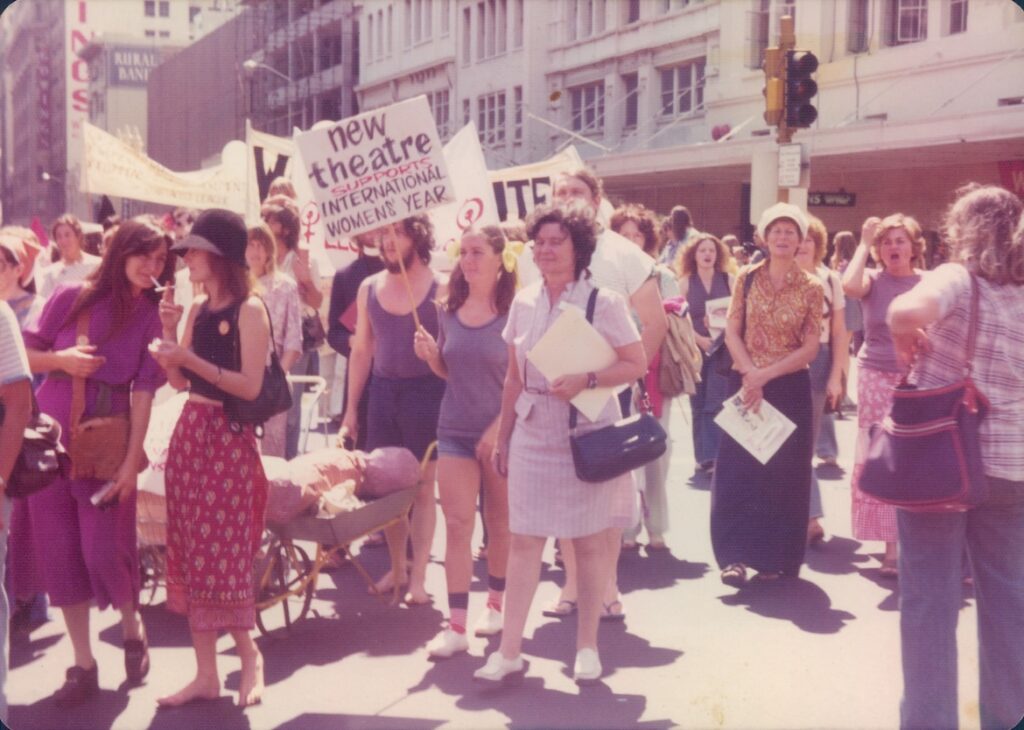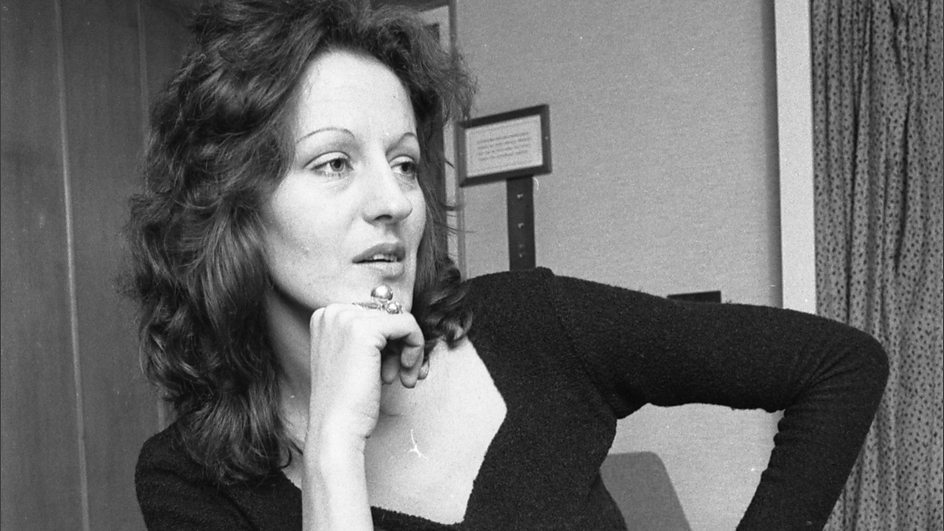A Personal Journey
The 1970s were a time of great change in Australia. This post is based on my memories of that time and the beginning of the Women’s Movement in Sydney, Australia.
By 1972, the fledgling beginnings of a feminist movement were evident in Australia. It had started, like many such reform movements, by intellectuals and radicals within university campuses; it was triggered, also, by media accounts at that time.
And then there was “The Female Eunuch” and Germaine Greer.
I was 27 when the book came out and she, Germaine, won me over totally. Up until then, my only contact with radical women’s libbers, had been at university, where often loud and raucous voices raised against the status quo and men in general filled the air.
Here was this unbelievably beautiful young woman with intelligence and wit, who was talking openly about sex. How could I not be influenced?
I knew about the earlier First Wave feminists, the brave suffragettes who faced the ire of their husbands and of the establishment, often facing prison sentences and social ostracism for their views. Great Aunt Louie , my dear Grandfather, “Pop” Skyvington’s maiden aunt brought him up in Islington after his mother died. Being part of a petit bourgeois family, she wrote letters to Australia after he migrated here at seventeen in which she berated the earliest feminists: Such were the times.

The Female Eunuch was not a political book, but a call to women to take part on the world stage and to live brighter, braver lives.
If she was not political enough for some, for others, like me, her book was a talisman, pointing us on the path towards change.
On 2 December 1972, Australia went to the polls, and elected a new party, headed by Gough Whitlam, a reformer. Probably the only real, amazing reformer on the Australian political scene. He brought in laws that promoted the arts in Australia and brought us into the modern era on so many fronts. He also helped the Women’s cause, one of the forward-reaching steps being blame-free divorce laws. The best of times, politically speaking, although short-lived, were about to begin…

For me back then in the seventies, being a Feminist was all about choosing your own path. I’d been against the idea of marriage because of my parents’ conflicted one. I’d already tried having an adventurous journey or two, living in France for four years as a student during the 1968 Student/Workers Revolution in Paris. And I’d travelled with a girlfriend from Paris into the Ukraine during the Cold War years. I was now ready to take, for me, a different sort of courageous step: getting married. It was my turn to try my hand at parenting, to see if I would be any better at it than my own mother had been.
By this time, you see, I desperately wanted to have a baby, and I’d fallen in love at the ripe old age of thirty-one. But this would entail another journey, an inner one this time, during which I would need to face my deepest fears and trauma from the past—from my upbringing— that were holding me back emotionally.
Today, many youthful feminists are eschewing marriage in order to remain true to their individual needs: Therein lies another pathway for future feminists to follow.

See the excellent article from The Conversation on this site: https://www.anneskyvington.com.au/ about the “Waves of Feminism”.

